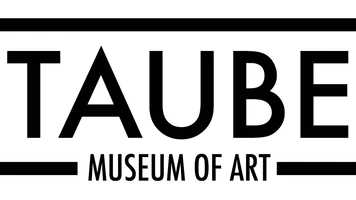Advocates for small independent farmers in Missouri and around the nation are sounding the alarm about the effects of corporate agriculture on farmers and local communities.
Missouri stands as the nation’s second largest farming state, with nearly 86,000 farms spanning 27 million acres.
Yet, just four corporate giants – Tyson and Cargill from the U.S., Brazil’s JBS, and China’s WH Group Limited – dominate the country’s livestock production.
Joe Maxwell – cofounder of the nonprofit Farm Action – warned that vertical integration created meatpacking monopolies, driving out independent hog farmers.
“These meat packers, they own the system,” said Maxwell. “They own the baby pig. They own the feed. They price gouge the consumer at the grocery store. They pollute the land, to destroy the natural resources. They are extracting the wealth from rural America.”
Corporate agriculture firms claim to boost efficiency and keep prices low – but advocates argue Concentrated Animal Feeding Operations, or CAFOs, are polluting air and water.
Sonja Trom Eayrs and her family have farmed in Minnesota for generations and fought CAFOs for decades.
In her book, ‘Dodge County, Incorporated’, she described the corporate system as a pyramid – with big ag at the top, integrators in the middle, and contract growers at the base.
“The multinationals reorganized the marketplace, created a closed system where all the profits flow to the top of this pyramid,” said Eayrs, “and they can control the pricing that flows all the way down to the contract farmer and that contract grower down at the bottom.”
Many of the largest agricultural corporations are multinational, influencing global farming practices and food systems. They set industry standards, making it hard for smaller farms to compete.



